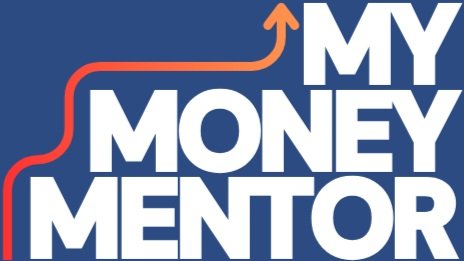The Power of Compounding
In the world of personal finance, there are few concepts as powerful as compounding. It's a phenomenon that Albert Einstein reportedly called the "eighth wonder of the world," and for good reason. Compounding can turn modest investments into substantial wealth over time. Let's explore how compounding works and why it's a cornerstone of successful investing.
What is Compounding?
Compounding is the process where the value of an investment increases because the earnings on an investment, both capital gains and interest, earn interest as time passes. In simpler terms, compounding means earning returns on both your initial investment and on the returns that investment has already generated.
How Compounding Works
To understand compounding, let's consider a straightforward example. Suppose you invest $1,000 at an annual interest rate of 5%. In the first year, your investment will earn $50, making your total $1,050. In the second year, you'll earn interest not just on your initial $1,000 but also on the $50 interest earned in the first year. This means you'll earn $52.50 in the second year, and so on.
The Power of Time
The true magic of compounding lies in time. The longer you allow your money to grow, the more pronounced the compounding effect becomes. This is why starting early with your investments is crucial.
Let’s assume you can generate an annual return of 7% on your investments, and you can save $200 a month into your portfolio. Here’s how your account balance would look at age 65, depending on when you start:
Starting at age 25: $500,000
Starting at age 35: $240,000
You more than double your eventual returns by starting earlier.
Compounding in Practice
1. Start Early: The earlier you start investing, the more time your money has to grow. Even small contributions can grow significantly over several decades.
2. Reinvest Earnings: To take full advantage of compounding, reinvest your earnings. Whether it’s dividends, interest, or capital gains, reinvesting allows your returns to generate additional returns.
3. Consistency is Key: Regular contributions to your investment portfolio can harness the power of compounding. Consistency over time can smooth out market volatility and maximize growth.
4. Understand the Impact of Fees: High fees can erode the benefits of compounding. Opt for low-cost investment options to ensure that more of your money is working for you.
Compounding Beyond Investments
While compounding is often discussed in the context of investments, it applies to other areas of personal finance as well. For example, compounding interest can work against you when it comes to debt. High-interest debt, like credit card balances, can grow quickly if not managed properly. Understanding compounding helps in making informed decisions about saving, investing, and managing debt.
As an aside, compounding applies in various other elements of life: reputation, knowledge, even relationships. For those so inclined: Naval Ravikant does a tremendous job of expanding on this topic: https://www.navalmanack.com/almanack-of-naval-ravikant/play-long-term-games-with-long-term-people
Conclusion
Start early, stay consistent, and watch your investments grow exponentially over time. Remember, the key to unlocking the full potential of compounding is patience and persistence.
